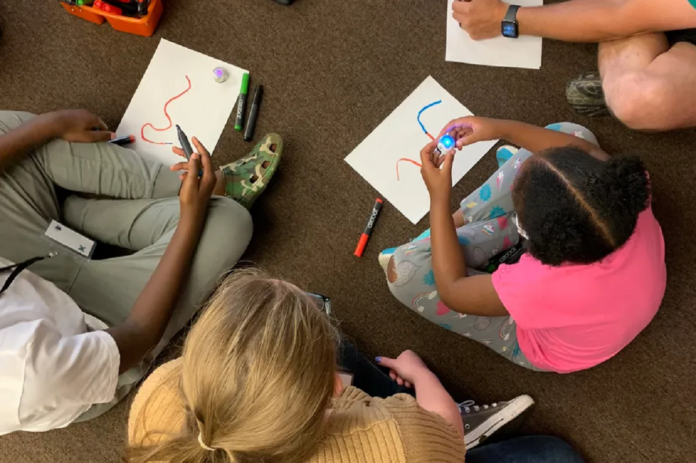According to figures obtained, New Zealand has seen a 20% increase in children being placed in state care compared to a year ago.
This rise has raised concerns among abuse survivors and child welfare advocates, as it goes against advice put forward by the landmark Abuse in Care inquiry.

Provisional data show that 1313 children were placed in state care in the financial year ending mid-2024, up from 1082 in the previous period. The rise in the most recent year follows a decline, with entries dropping from 1974 in the year ending mid-2019 to 1029 in 2022.
Oranga Tamariki maintains that its focus on early intervention and collaboration with whānau and communities has successfully reduced state care placements over the past five years, with numbers “largely stabilised” in the past three.
However, decisions to bring any child into care are complex, often made in a crisis, and can require social workers to make tricky judgment calls. One mother, whose child is currently under state monitoring, told 1News about how they experienced interacting with the system.
The Royal Commission of Inquiry into Abuse in Care has recommended fundamental changes in New Zealand’s care system to safeguard children. It said there was no future for Oranga Tamariki and recommended the state hand over power, funding, and control to care services at a local level.
Researcher Elizabeth Stanley emphasized the need for change, stating that “all too often care is lacking, and we need a fundamental re-envisioning of care in our country.”
Oranga Tamariki chief social worker Nicolette Dickson said the decision to bring any child into care is “only made after all the other options have been explored, and when coming into care is the best way to ensure a child’s safety.”
She said the overall sustained reduction in entry to care over the last five years has been achieved by intervening earlier, involving whānau more consistently in decision-making, and working more closely with community partners.
Click to read more about New Zealand

















